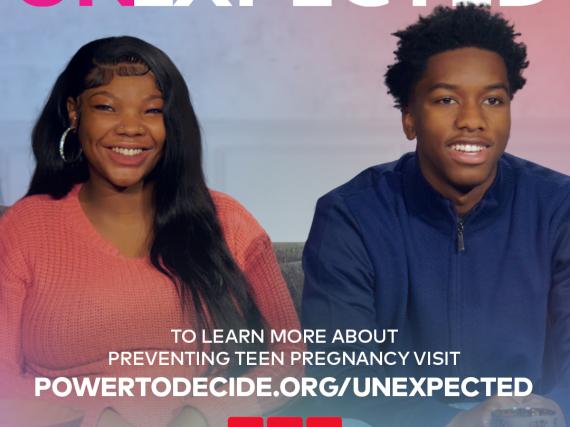How Can You Help Celebrate World Contraception Day?
Today is World Contraception Day, an international annual event, which celebrates the existence of birth control and imagines a world where all women have the power to decide, if, when, and under what circumstances to get pregnant and have a child. A campaign of Your Life, the day’s mission is, “to improve awareness of contraception and to enable young people to make informed choices on their sexual and reproductive health.”
Across the world more than 41% of all pregnancies are unplanned, and in the United States 80% of pregnancies among young women age 18 to 29 are described by the women themselves as unplanned. Unlike many other health issues, unplanned pregnancy is completely preventable. Among the 1.3 million unplanned pregnancies annually, only 5% occurred in women using birth control carefully and consistently. In the other 95% the couple didn’t intend to get pregnant, but their behavior didn’t match their intention. The reasons for this are complex, but it often comes down to a lack of access to information and the full range of contraceptive methods.
Using birth control allows people to plan for a family on their own terms and gives them the power to decide their own destinies. And we know that the majority of adults—regardless of race/ethnicity, region, and political affiliation—believe that birth control should be considered a basic part of women’s health care. Yet, 19.5 million women across the country don’t have reasonable access to the full range of contraceptive methods.
These women live in contraceptive deserts and to get contraception they’ve got to do more than show up to an appointment. They must find childcare, take time off work, or travel long distances to access their preferred birth control method. Deep in the heart of those deserts, the situation is even worse for the 1.6 million women in need live who live in counties without a single health center that offers the full range of contraceptive methods.
To fill these gaps and reduce barriers, we created BCBenefits. A contraceptive access fund, BCBenefits supports women’s power to decide if, when, and under what circumstances to get pregnant and have a child. The fund helps low income women overcome some of the most commonly-faced barriers in access to contraception, such as transportation. Additionally, the fund helps women afford the cost of their contraception by reimbursing them for direct costs that are not covered by insurance.
In honor of this year’s World Contraception Day, Nurx, the health tech company focused on sensitive health needs and the leading online provider for contraception, is donating $10,000 to BCBenefits. They have also agreed to provide 1,000 low-income women with a one-year supply of birth control at no cost.
For the cost of date night, you also can provide a woman with a year’s birth control. We’ve partnered with telemedicine companies (like Nurx) to provide a year’s worth of birth control to a woman’s door for just $50. Donate to BCBenefits today help women across the country get the birth control that’s right for them.


